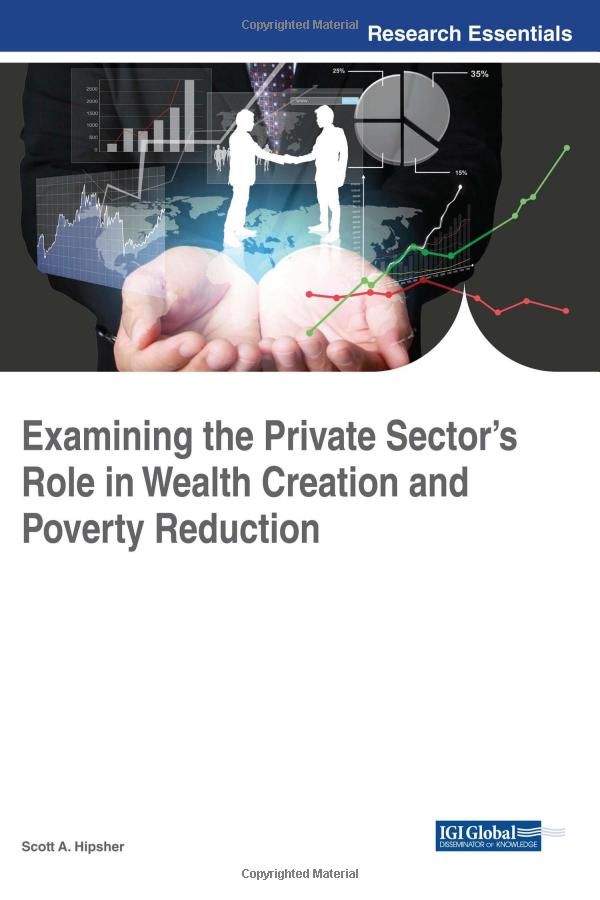### Understanding Private Loan Definition: A Comprehensive Guide to Private Loans
#### What is a Private Loan?A private loan is a type of financing that is offered by non-governmental entities, such as banks, credit unions, or private len……
#### What is a Private Loan?
A private loan is a type of financing that is offered by non-governmental entities, such as banks, credit unions, or private lenders. Unlike federal student loans, private loans are not backed by the government, which means they often come with different terms, interest rates, and repayment options. Borrowers typically use private loans to cover educational expenses, consolidate debt, or finance major purchases. Understanding the private loan definition is crucial for anyone considering this form of borrowing.
#### Key Features of Private Loans
Private loans come with various features that differentiate them from federal loans. One of the most significant aspects is the interest rate, which can be either fixed or variable. Fixed rates remain constant throughout the loan term, while variable rates can fluctuate based on market conditions. Additionally, the eligibility criteria for private loans can vary significantly among lenders, often considering the borrower's credit score, income, and debt-to-income ratio.
Another important feature is the repayment terms. Private loans may offer different repayment options, including immediate repayment, deferred repayment, or interest-only payments for a certain period. Borrowers should carefully review these options and select a plan that aligns with their financial situation.

#### Advantages of Private Loans
One of the primary advantages of private loans is the potential for higher borrowing limits compared to federal loans. This can be particularly beneficial for students attending expensive institutions or individuals looking to finance large purchases. Additionally, private loans may offer quicker access to funds, with some lenders providing same-day approval and disbursement.
Another advantage is the flexibility in loan amounts and terms. Borrowers can often choose the amount they wish to borrow and the repayment period that suits their needs. This customization can help borrowers manage their finances more effectively.
#### Disadvantages of Private Loans

However, private loans also come with drawbacks. One significant concern is the lack of federal protections that come with government-backed loans. For instance, private loans typically do not offer income-driven repayment plans, loan forgiveness programs, or deferment options during financial hardship.
Moreover, interest rates on private loans can be higher, especially for borrowers with lower credit scores. This can lead to increased financial strain over time, making it essential for borrowers to thoroughly assess their creditworthiness before applying.
#### How to Choose the Right Private Loan
When considering a private loan, it's essential to shop around and compare offers from multiple lenders. Look for the best interest rates, favorable repayment terms, and any fees associated with the loan. Reading the fine print and understanding the total cost of borrowing can help prevent surprises down the line.

Additionally, consider your financial situation and future earning potential. A loan that seems manageable now may become burdensome if your income does not increase as expected. It’s advisable to consult with a financial advisor to ensure that taking out a private loan aligns with your long-term financial goals.
#### Conclusion
In summary, understanding the private loan definition is the first step in making informed borrowing decisions. While private loans can offer flexibility and higher borrowing limits, they also come with risks that borrowers must consider. By carefully evaluating your options and understanding the terms of the loan, you can make a choice that supports your financial future. Always remember to read the terms carefully and seek advice if needed to navigate the complexities of private loans effectively.